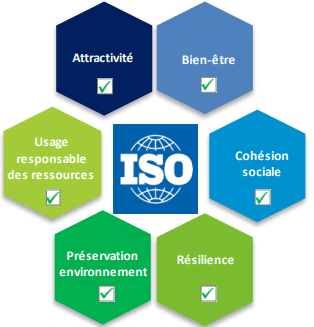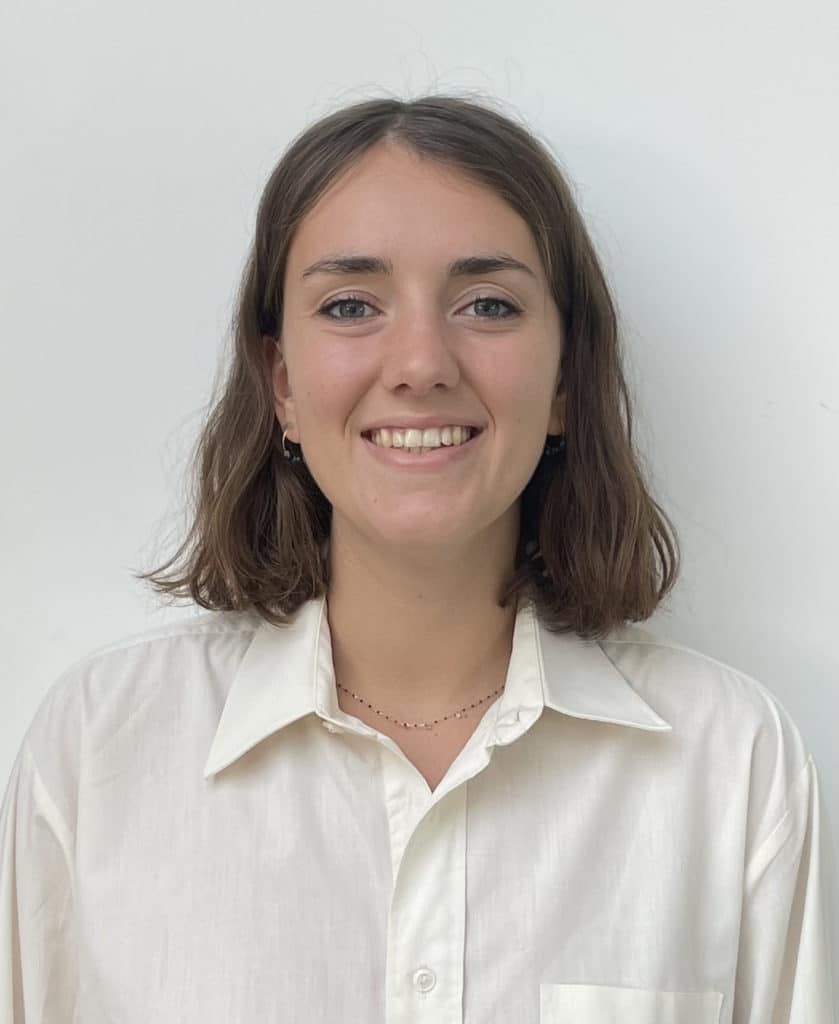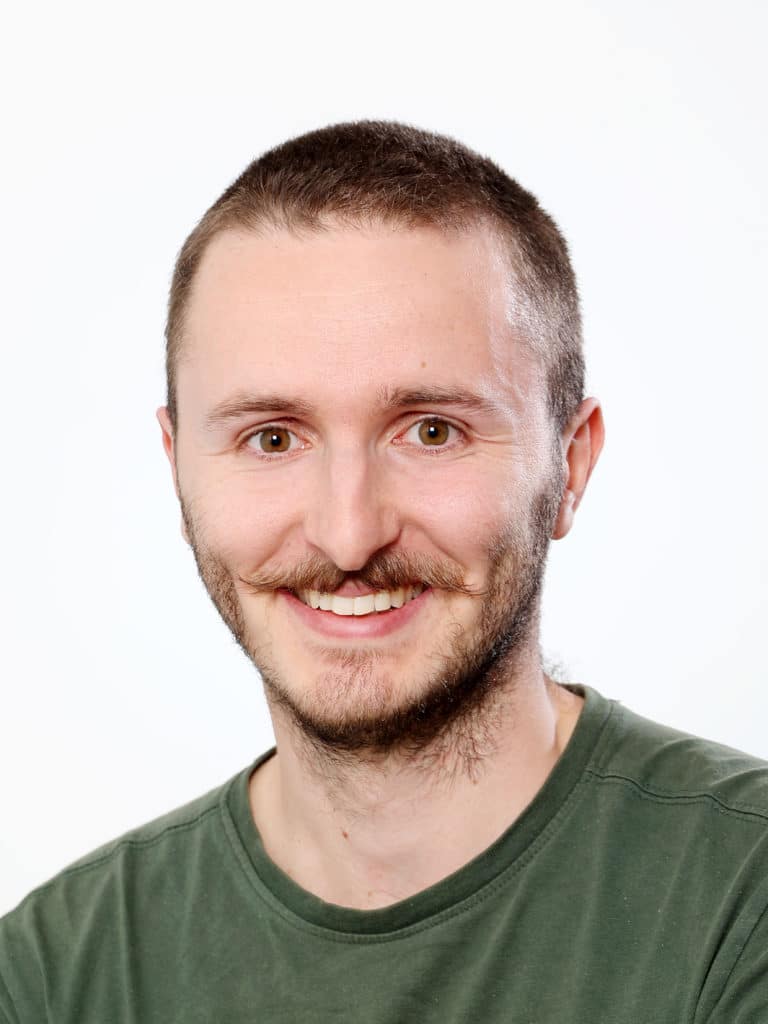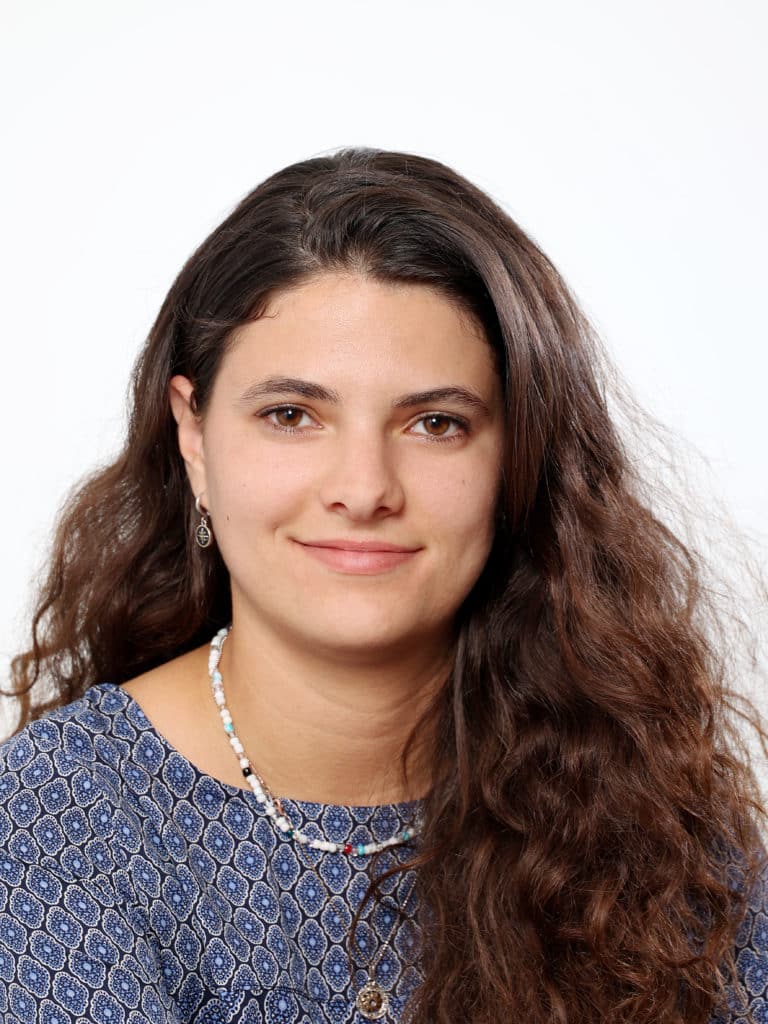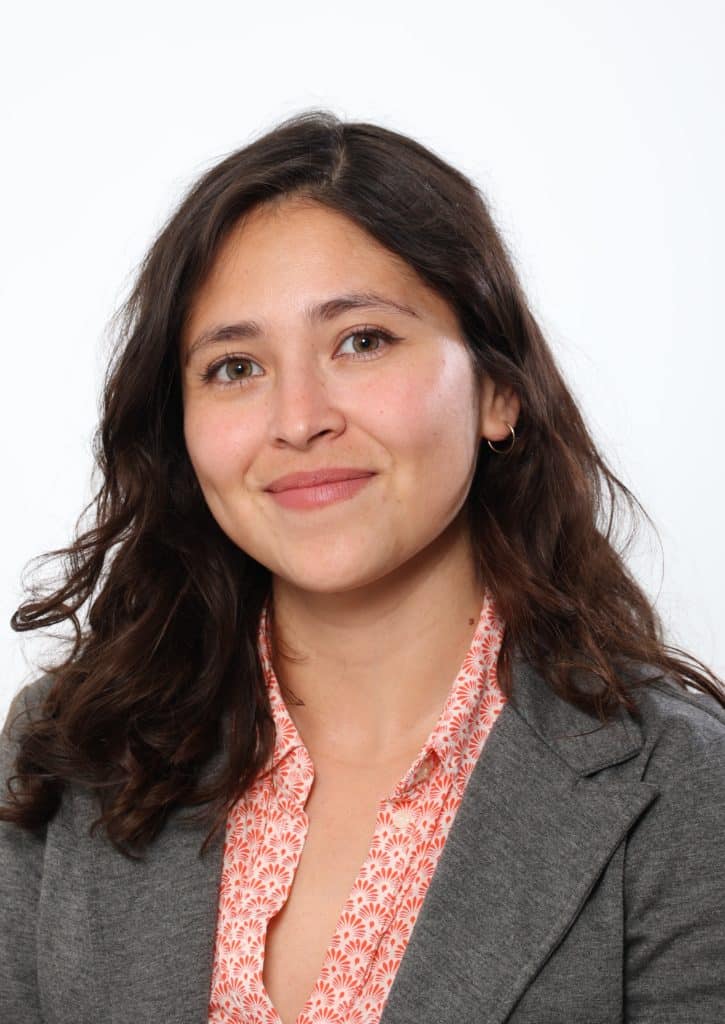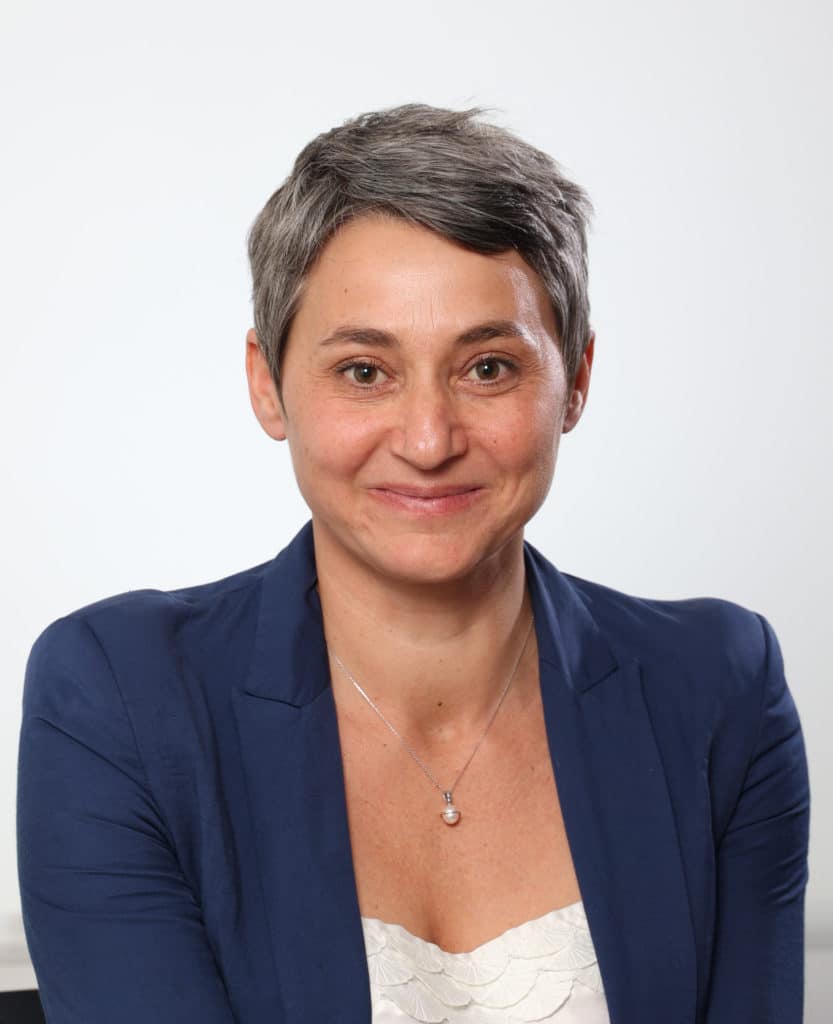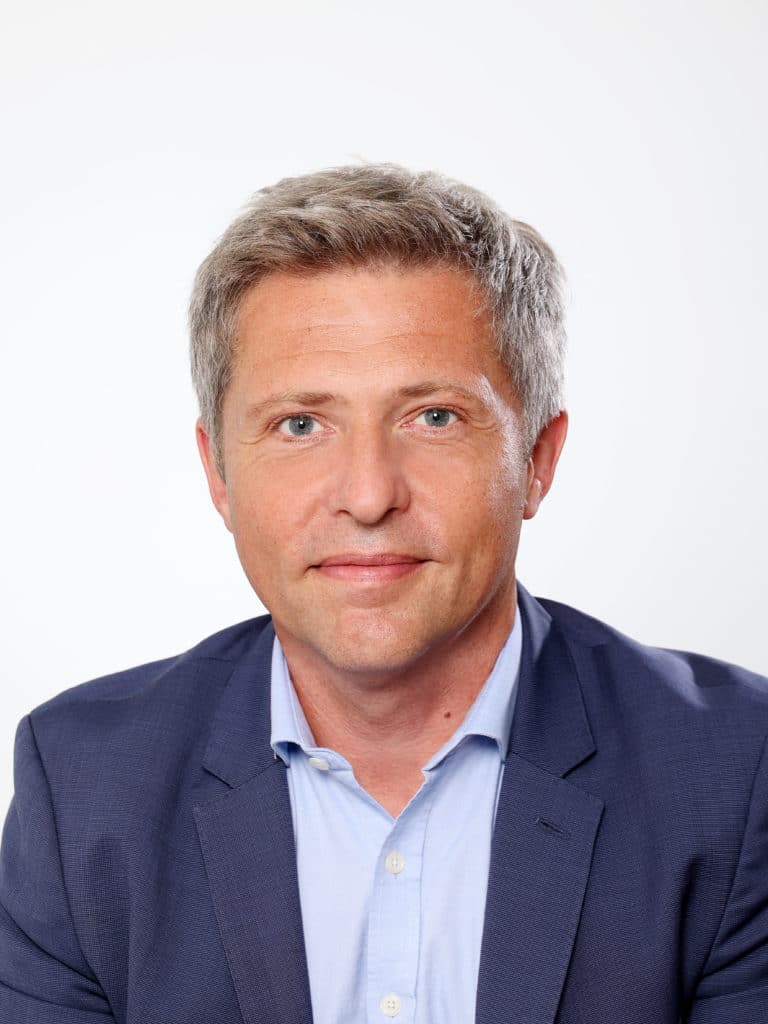Norme
Norme RFSC
- Créativité
- Inclusion
- Résilience
- Sobriété
Le cadre européen RFSC (Reference framework for sustainable european city) est consacré à l'évaluation des stratégies ou des projets de développement urbain durable pour les petites, moyennes et grandes collectivités en Europe. Le RFSC propose des outils permettant d’évaluer la conformité du projet à des cadres européens ou internationaux dans le but de favoriser un développement urbain durable et intégré. Le référentiel résulte d’un travail mené conjointement par les Etats membres de l’Union Européenne, la Commission Européenne et des organisations européennes représentant les gouvernements locaux.
Le cadre européen s’articule autour de 5 domaines : 1. Dimension spatiale ; 2. Dimension environnementale ; 3. Dimension économique ; 4. Dimension gouvernance ; 5. Dimension sociale et culturelle – couvrant au total 30 objectifs. L'outil web RFSC permet également de travailler sous les cadres des ODD ou de la norme ISO 37101
Le RFSC est adapté aux communes ou aux intercommunalités initiant pour la première fois ou souhaitant améliorer une démarche d’urbanisme durable. Il accompagne les collectivités de la construction de leur stratégie à la mise en œuvre des actions et à leur évaluation. La richesse de la plateforme permet de rentrer dans un fort niveau de détail, adapté aux collectivités plus mâtures souhaitant enrichir leur réflexion.
Thématiques

Finalités
